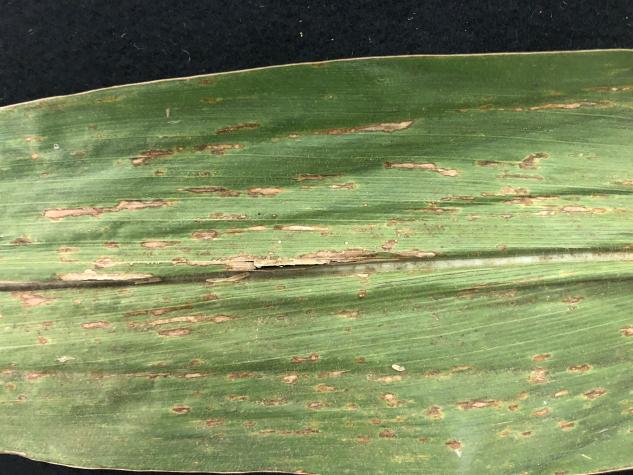
Happy, Mad, Sad, Glad: Helping Children Identify their Emotions
As summer comes to an end and plans for the school year unfold the children in your life might feel a wide range of emotions. It is our role as adults to help children identify those emotions. We can also model to children how to appropriately express our feelings. Children deal with many of the same emotions adult do.

Scout for two emerging corn diseases in Midwest
Missouri corn growers should scout for bacterial leaf streak and tar spot, two emerging diseases causing significant yield losses in neighboring states.

Report mystery seeds to the Missouri Department of Agriculture
Report unsolicited seed packages to Missouri officials. Do not plant or open seeds and follow MDA guidance.

Tigers for Troops: Helping rural veterans navigate the VA benefits system
Tigers for Troops connects rural veterans with legal and healthcare resources through telehealth consultations and mobile outreach.
Drought increases risk of forage poisoning
COLUMBIA, Mo. – Drought increases the chance of nitrate poisoning and prussic acid poisoning. High concentrations in plants and water can harm or even kill animals. High nitrate, mostly concentrated in grass stems, causes quick death, says University of Missouri Extension agronomist Jill Scheidt. Nitrate in the blood blocks oxygen uptake. Without oxygen, cows die quickly.
UM System Health Care Finder: Helping to identify and solve local health care needs
COLUMBIA, Mo. – The new University of Missouri System Health Care Finder aims to increase Missourians’ access to health care and boost the state’s health care outcomes.

MU Extension: Do not plant seeds you did not order
Warns people not to plant unsolicited seeds from abroad to avoid invasive pests, diseases, or viruses.
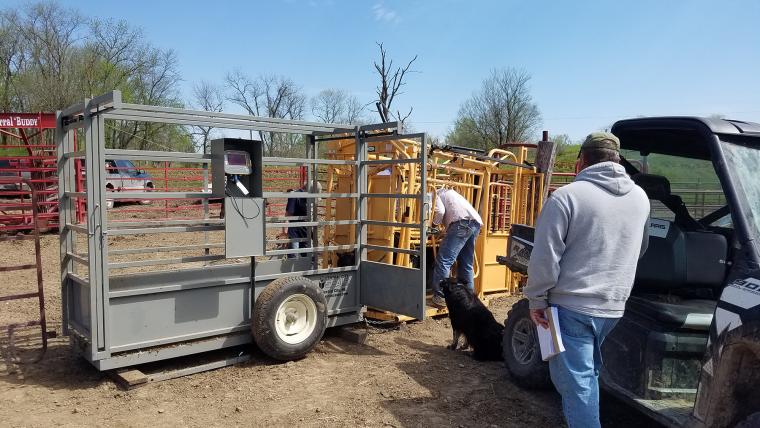
MU Extension pilots beef record-keeping project
A new initiative in northwest Missouri assists beef producers in enhancing whole-herd record-keeping practices.
Pasture flies thriving in hot, humid weather
COLUMBIA, Mo. – University of Missouri Extension dairy veterinarian Scott Poock says three types of flies cause economic damage and discomfort in cattle.Typically appearing in spring, horn flies, face flies and stable flies carried over to summer this year due to hot, humid weather.“The warmer it is, the faster the fly goes through its life cycle,” Poock says. “In a given summer, several generations can turn over as they multiply.”
Missourians encouraged to submit drought reports
COLUMBIA, Mo. – The public is invited to submit information to help local, state and national decision-makers assess drought conditions and impacts in Missouri.
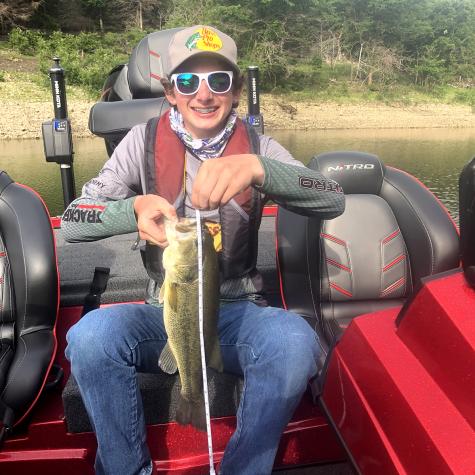
Youths compete in 2020 State 4-H Sportfishing Event
Nearly 100 youths competed virtually in the 2020 state 4-H sportfishing event, testing angling skills and knowledge of fish and ecosystems.
Competing from your coop: 2020 State 4-H Poultry Day
COLUMBIA, Mo. – Almost 90 Missouri 4-H’ers participated in a poultry judging contest, knowledge exam and photography contest at the 2020 State 4-H Poultry Day, hosted virtually in June. 4-H members gained skills in grading eggs and poultry carcasses, identifying poultry cuts, and judging live birds, said Maria Calvert, University of Missouri Extension state 4-H agriculture and natural resource science educator.
Statewide partnership to strengthen training and support for community health workers
COLUMBIA, Mo. – Financial insecurity, housing conditions and other social factors can have a significant impact on health. Community health workers (CHWs)—front-line public health workers who are trusted members of the communities they serve—are positioned to address social determinants of health on a case-by-case basis.
Tips on watering your garden
COLUMBIA, Mo. – How does your garden grow? No grow or slow grow? It could be your H2O. How and when you water your garden often makes the difference between healthy or diseased plants, says University of Missouri Extension horticulturist Tom Fowler. Fowler offers some simple watering tips that can provide a bushel of benefits.
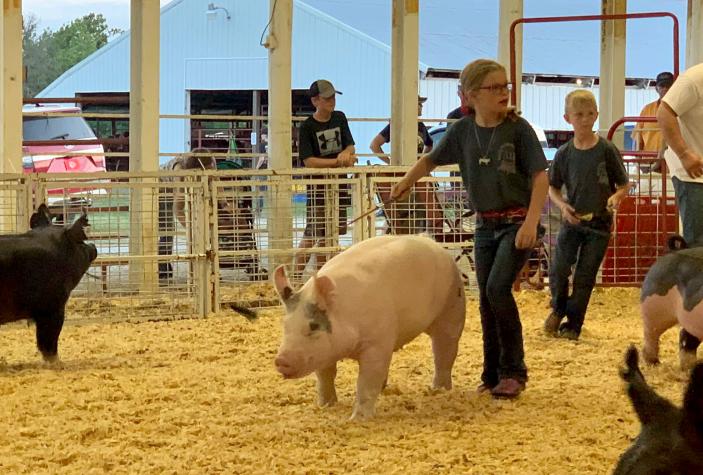
Roots of resilience run deep in 4-H and agriculture: a reflection
Stories from Missouri youth and farmers show how generations build agricultural strength, adapt in crisis, and sustain communities together.
Sweating like a pig?
COLUMBIA, Mo. – As temperatures inch upward, it’s not uncommon to hear rural folks say they are “sweating like a pig.”But pigs can’t sweat, says University of Missouri Extension swine nutritionist Marcia Shannon. Pigs would probably think they are in hog heaven if they could cool themselves by perspiring like other livestock and humans.
Surviving ‘COVID chaos’ as an essential small business, Vision Clinic - Springfield, MO
Furloughing family is not something Dr. Steve Rice ever thought he would have to do. Then along came the new coronavirus.
UM System broadband team unveils plan to bring high-speed internet to pilot community
A plan to expand high-speed internet to a rural Missouri community aims to address broadband access challenges and improve connectivity.

Show Me Resilience T-shirt campaign raises almost $1,000 for Feeding Missouri
Supporters responded with resilience during COVID-19 and helped raise nearly $1,000 for Feeding Missouri’s network of six food banks.
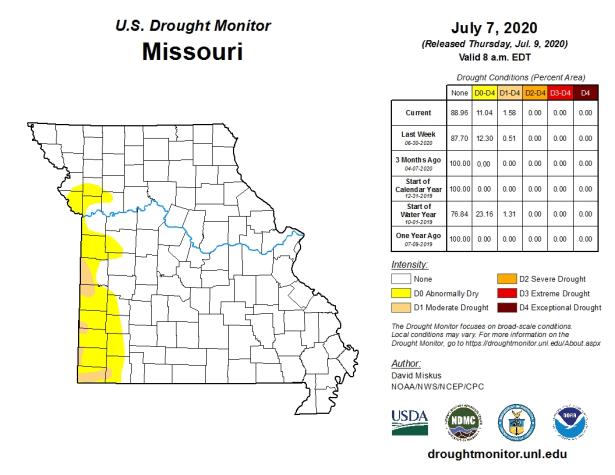
Too little water, too much heat puts tasseling corn at risk
Hot, dry conditions during tasseling can stress corn, reducing yield and kernel size in Missouri fields.
Farmers, ranchers share e-commerce success stories
Farmers and ranchers discuss their success with e-commerce, sharing insights on platforms and strategies to expand their businesses in the digital marketplace.
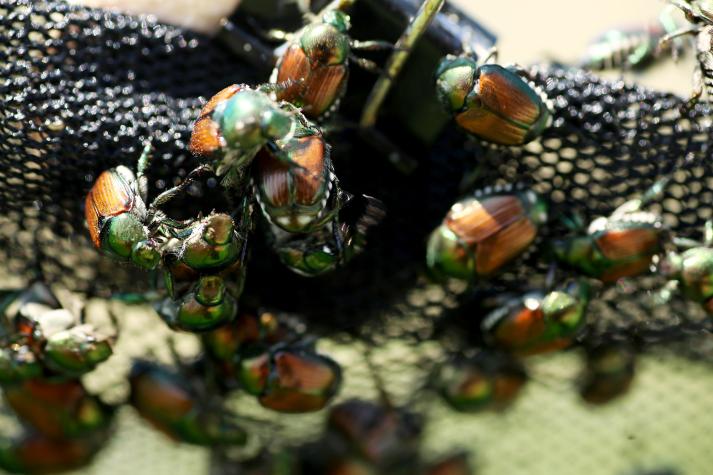
Expect high numbers of Japanese beetles this year
Expect high Japanese beetle activity this year, damaging corn, soybeans, and over 400 garden plants. Control may require multiple treatments.
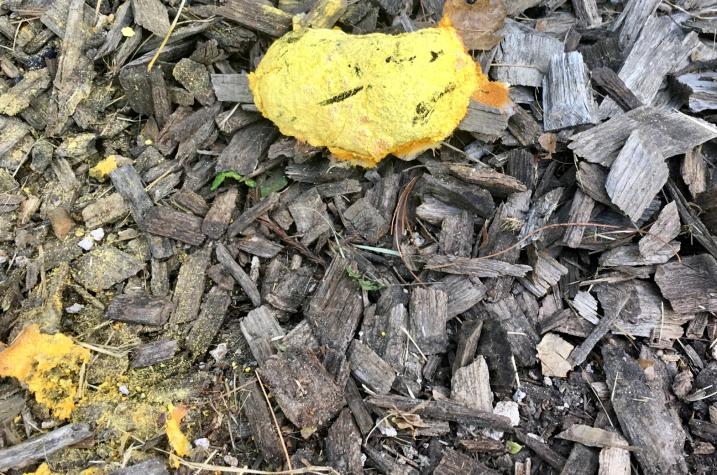
Warm, wet weather helps 'dog vomit slime mold' thrive
Warm, wet weather helps dog vomit slime mold grow on mulch, harmless but curious in appearance.
Germination 101
Cut open a seed and you’ll see a miracle. A tiny, embryonic plant waits inside, ready to break free of its seed coat, grow roots and push up through the soil.
In-season nitrogen application boosts profits
COLUMBIA, Mo. – Use of in-season nitrogen on corn has increased in Missouri and surrounding states over the past 10 years. What used to be rare is now common. Some of these applications are planned, but others are to give corn yields a boost when wet weather causes nitrogen loss.
